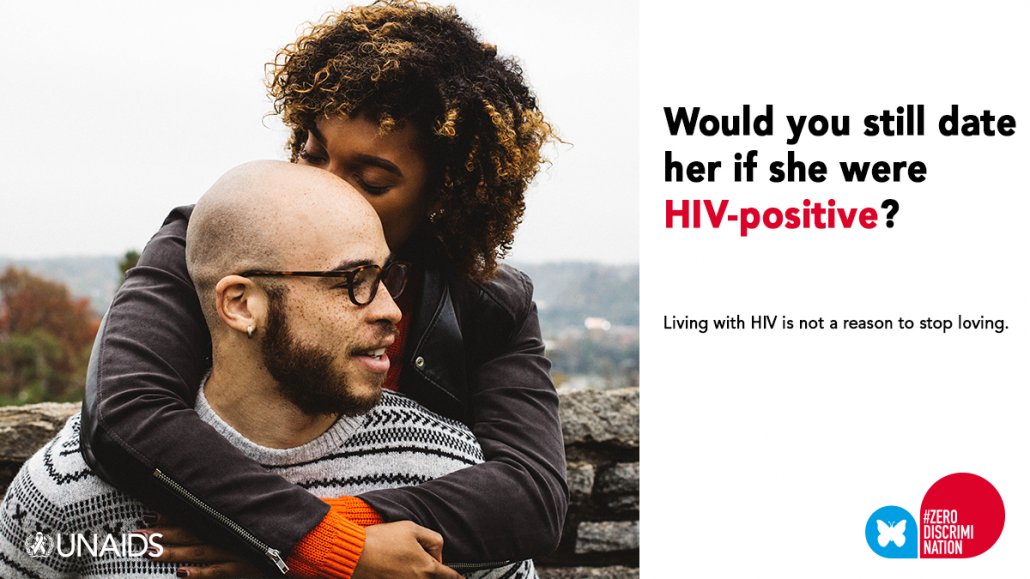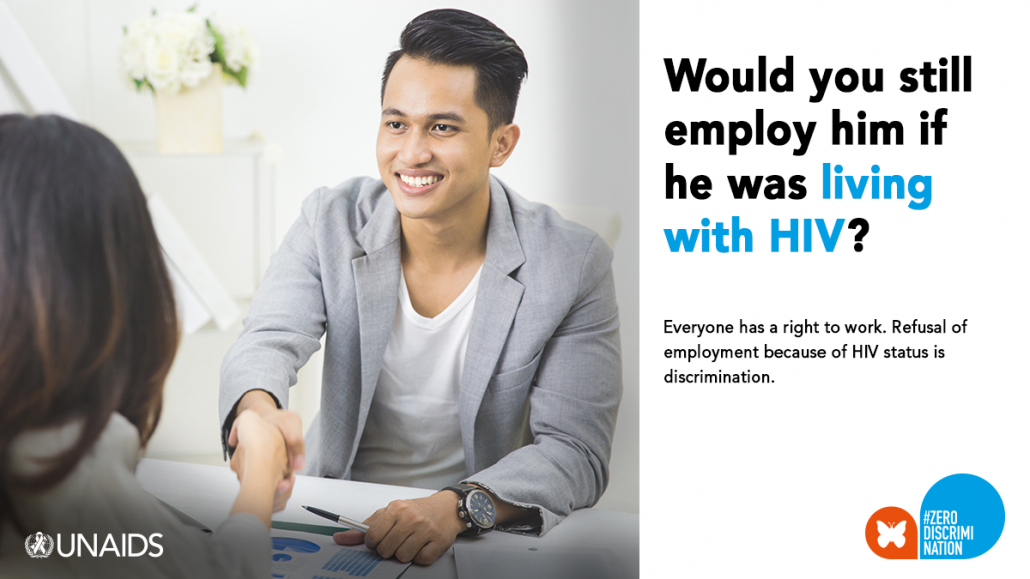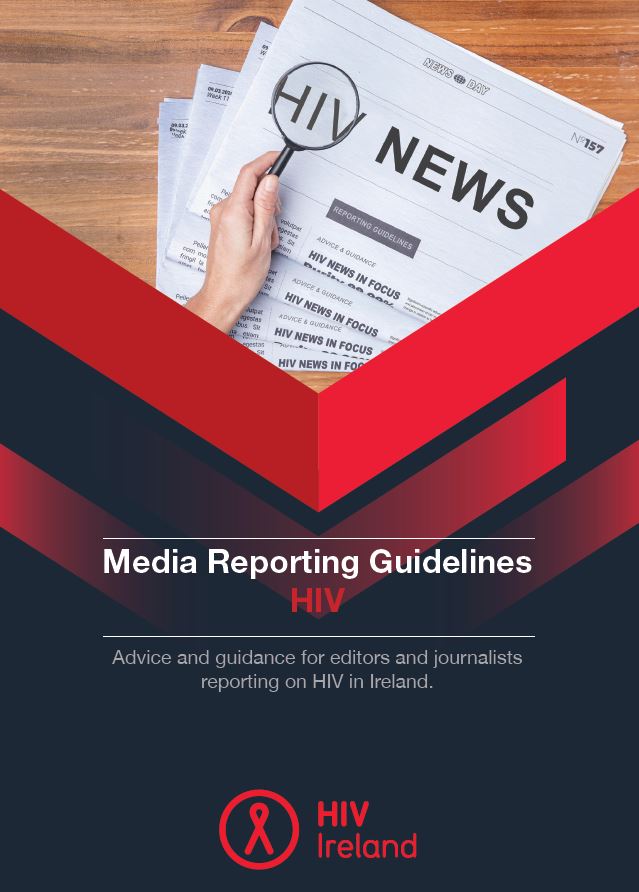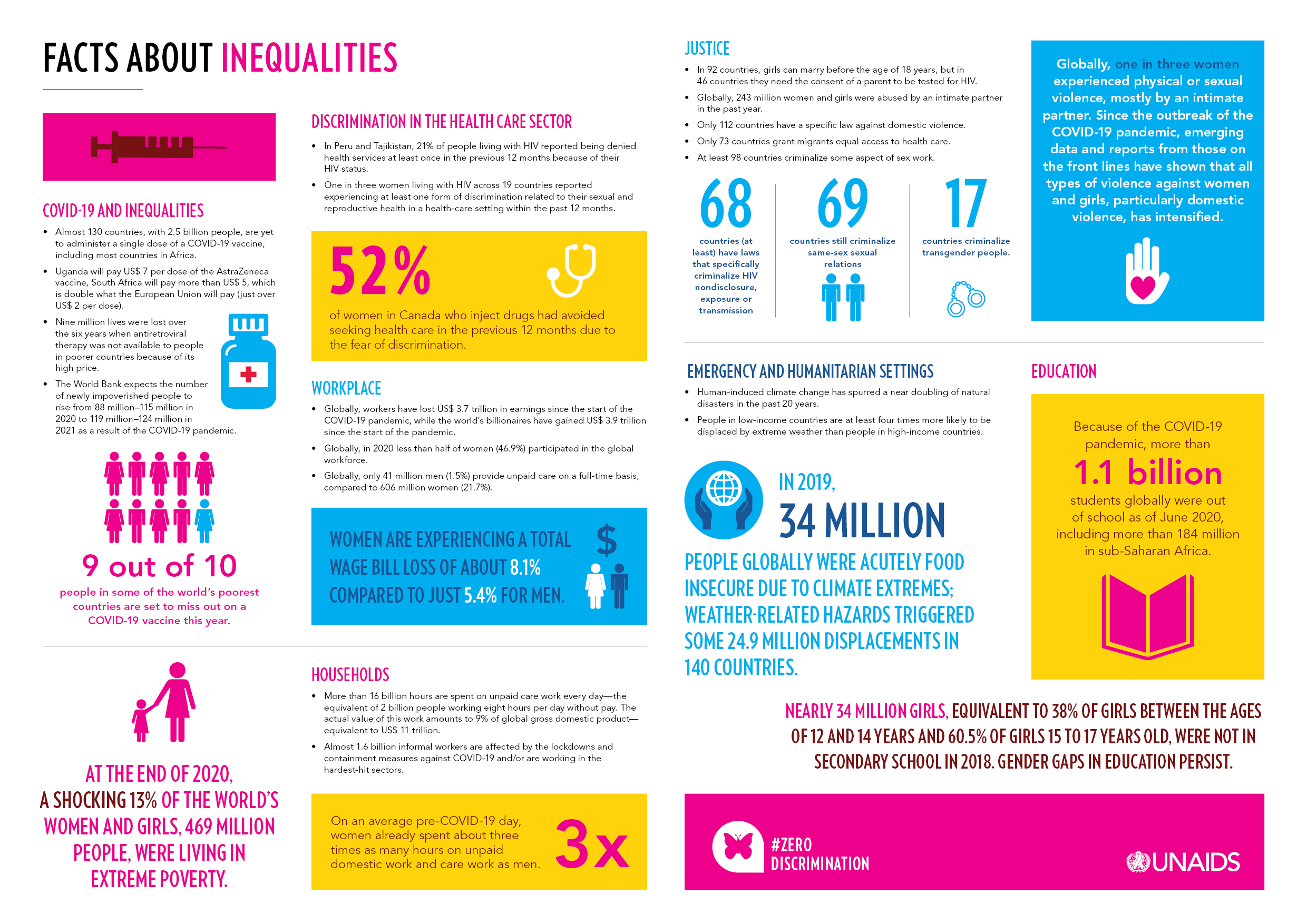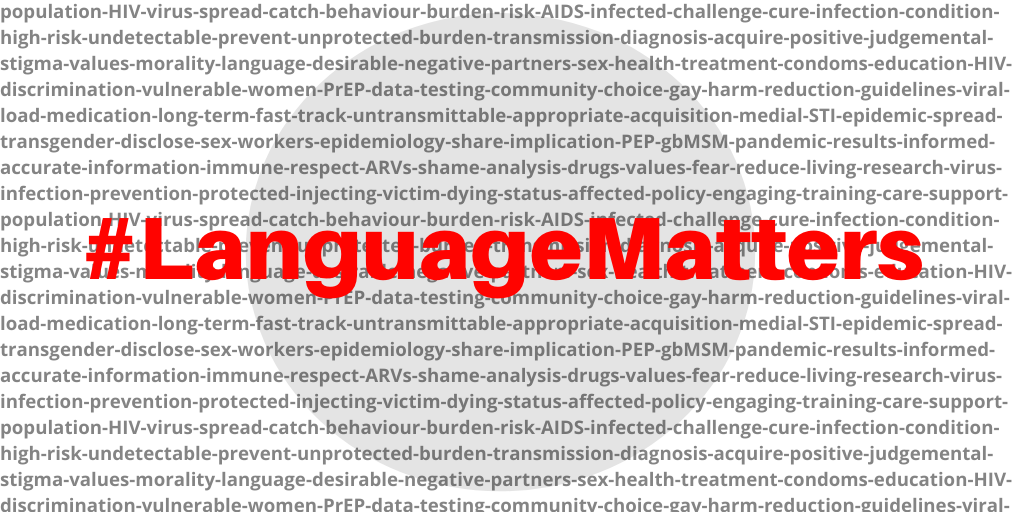Zero Discrimination Day is a global event that takes place on 1st March annually. Led by UNAIDS, the event is a call to people everywhere to promote and celebrate diversity, tolerance and inclusion and to stand together to end discrimination. It is an opportunity to celebrate everyone’s right to live a full and productive life with dignity – no matter what they look like, where they come from or whom they love.
Discrimination is often based on misinformation or fear of the unknown. Discrimination is a violation of human rights and must not go unchallenged. Everyone can be part of the transformation and stand out for fair, equal and just societies.
HIV Ireland supports the UNAIDS initiative annually, focusing also on zero discrimination for people living with HIV. Follow us on Facebook and Twitter for more on challenging HIV-related stigma and discrimination.
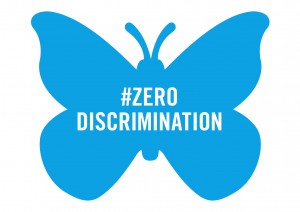
Zero Discrimination Day 2021
To coincide with Zero Discrimination Day 2021, HIV Ireland published new Media Reporting Guidelines – a resource and reference point for editors and journalists, and anyone writing, blogging, reporting or broadcasting on the topic of HIV and AIDS in Ireland. Media coverage can play an important role in educating the public and in reducing fear of, and stigma surrounding, HIV, yet coverage of this important health issue can be inconsistent, unpredictable, inaccurate, and sometimes sensationalist. Launched on 1st March 2021 at an online event, the guidelines include best practice tips for reporting on HIV together with up-to-date information on use of language, terminology, case studies and key facts about HIV to better inform sensitive and accurate reporting in the media. Panelists at the event included Journalist Órla Ryan (thejournal.ie), and HIV blogger Michael McFarland Campbell.
Read our Press Release.
End Inequalities
On Zero Discrimination Day 2021, UNAIDS highlighted the urgent need to take action to end the inequalities surrounding income, sex, age, health status, occupation, disability, sexual orientation, drug use, gender identity, race, class, ethnicity and religion that continue to persist around the world.
Confronting inequalities and ending discrimination is critical to ending AIDS. The world is off track from delivering on the shared commitment to end AIDS by 2030 not because of a lack of knowledge, capability or means to beat AIDS, but because of structural inequalities that obstruct proven solutions in HIV prevention and treatment.
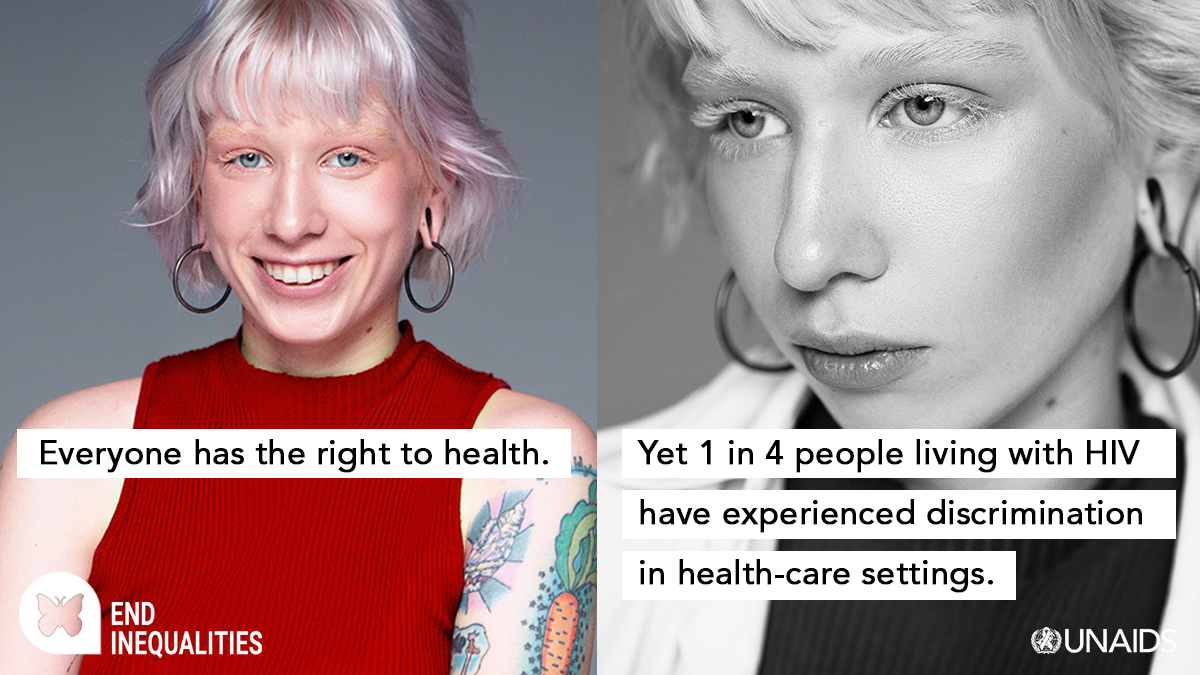
Zero Discrimination Day 2020
To coincide with Zero Discrimination Day 2020, we updated our HIV Terminology and Appropriate Language Use Guidelines, together with the launch of an online #LanguageMatters campaign. We also hosted and delivered our annual free education and training workshop about HIV-related Stigma and Discrimination, highlighting case studies of HIV-related discrimination in Ireland.
Zero Discrimination against Women and Girls
On Zero Discrimination Day 2020, UNAIDS called for an end to discrimination against women and girls and for equal rights, opportunities and treatment.
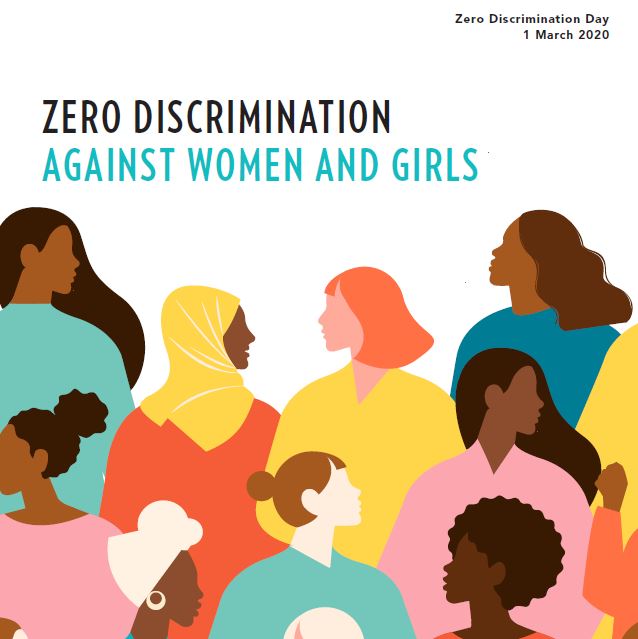
Despite progress in some areas, in 2020 coercive practices, discriminatory legislation and gender-based violence are just some of the human rights violations that are continuing to have a disproportionate impact on the lives of women and girls around the world. UNAIDS highlighted areas where change is urgently needed: equal participation in political life; human rights and laws that empower; economic justice—equal pay for equal work; ending gender-based violence; provide health care without stigma or barriers; equal and free access to primary and secondary education; and climate justice.
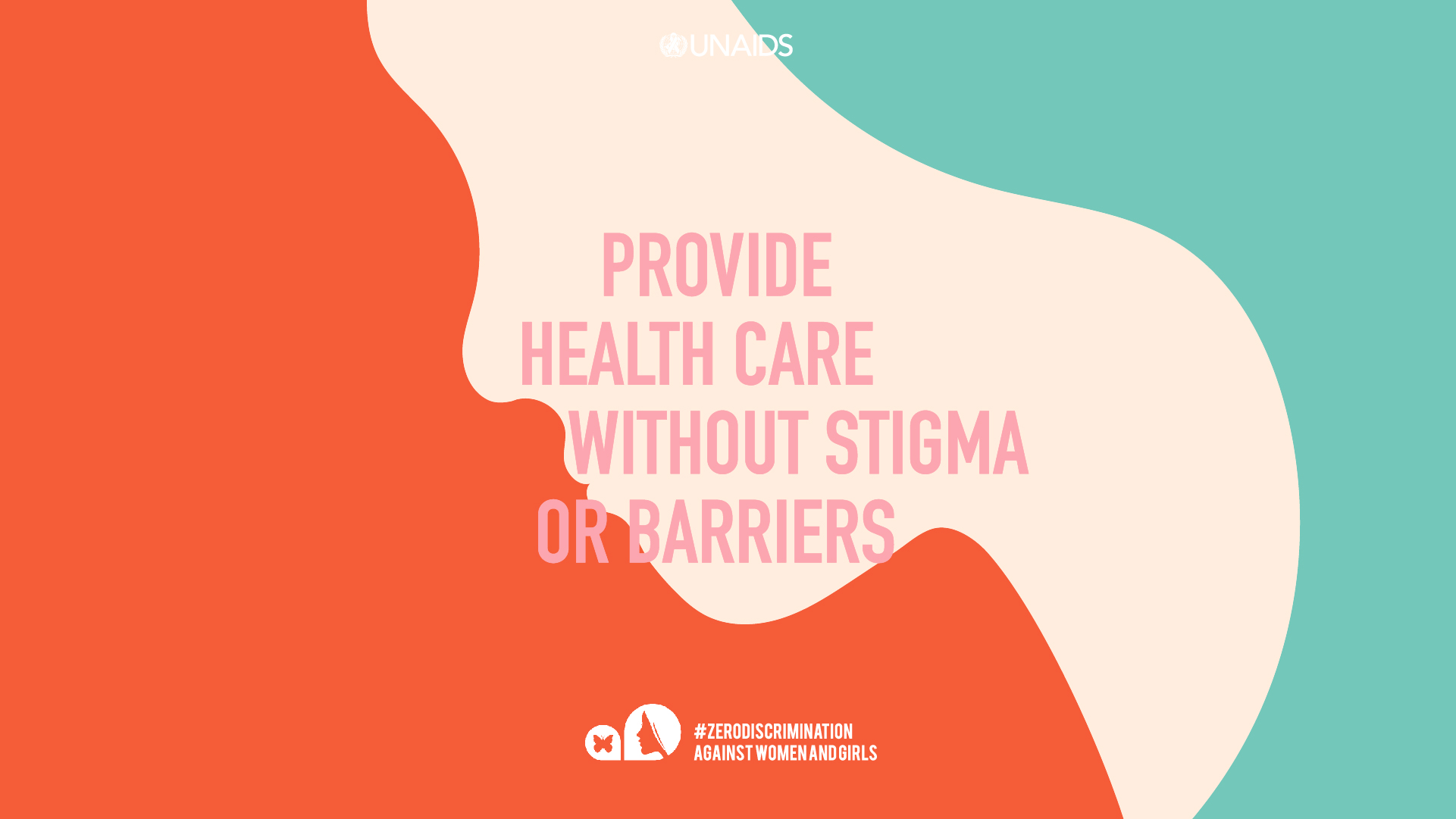
Zero Discrimination Day 2019
The 2019 Zero Discrimination Day campaign highlighted the urgent need to take action against discriminatory laws which result in people being treated differently, excluded from essential services or being subject to undue restrictions on how they live their lives, simply because of who they are.
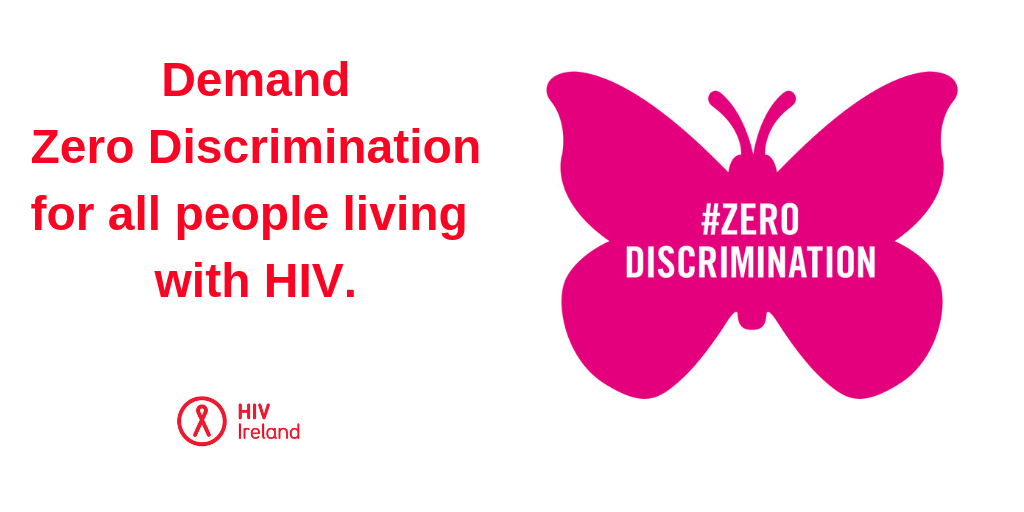
To mark the day, HIV Ireland delivered a free education and training programme about HIV, Stigma and Discrimination, highlighting case studies of HIV-related discrimination in Ireland.
Zero Discrimination Day 2018
The 2018 Zero Discrimination Day campaign invited people to ask themselves “What if …” and to reflect upon their own actions.
